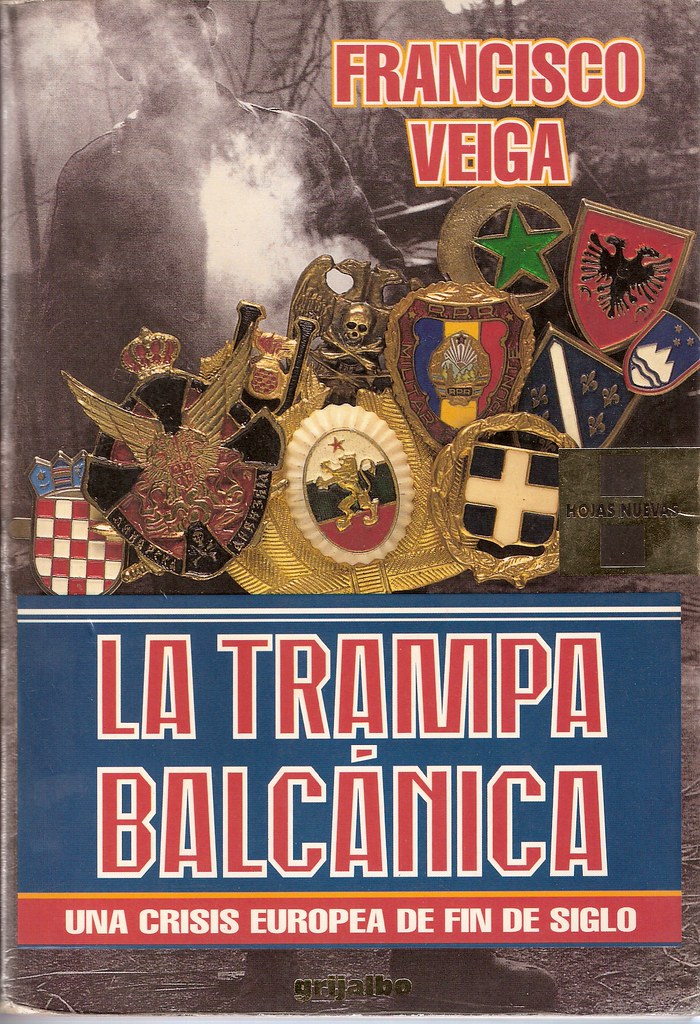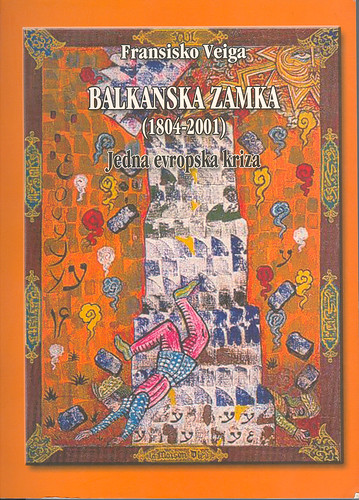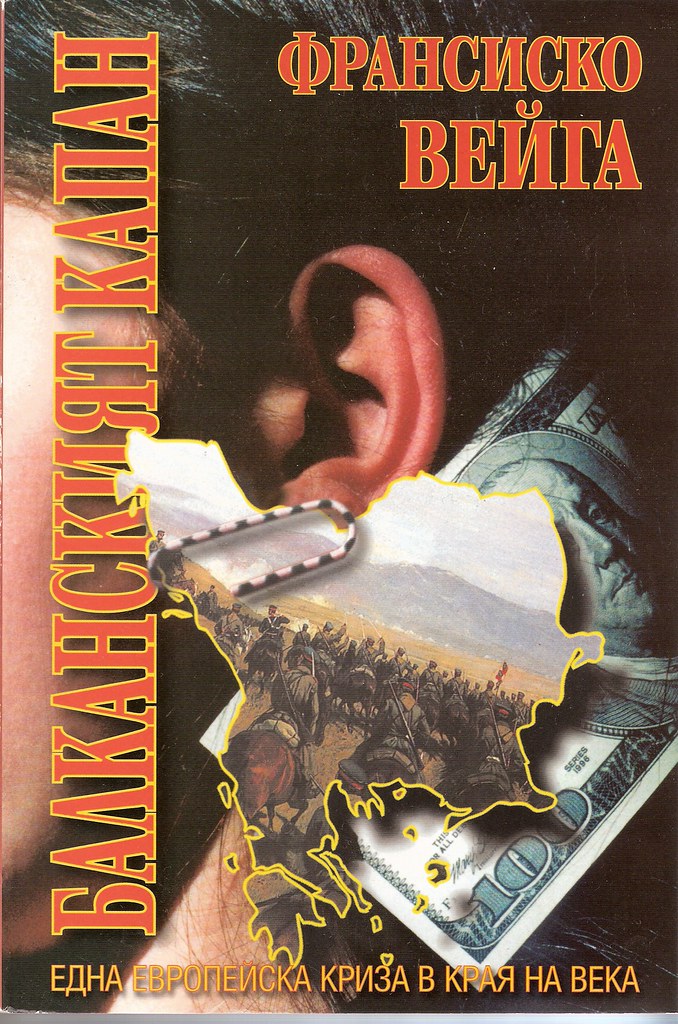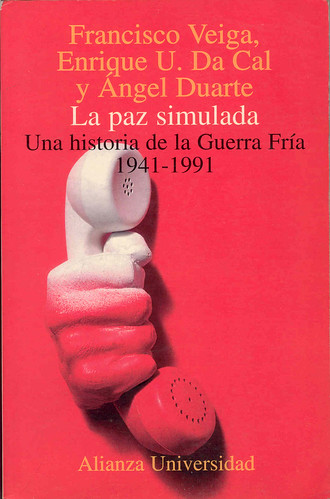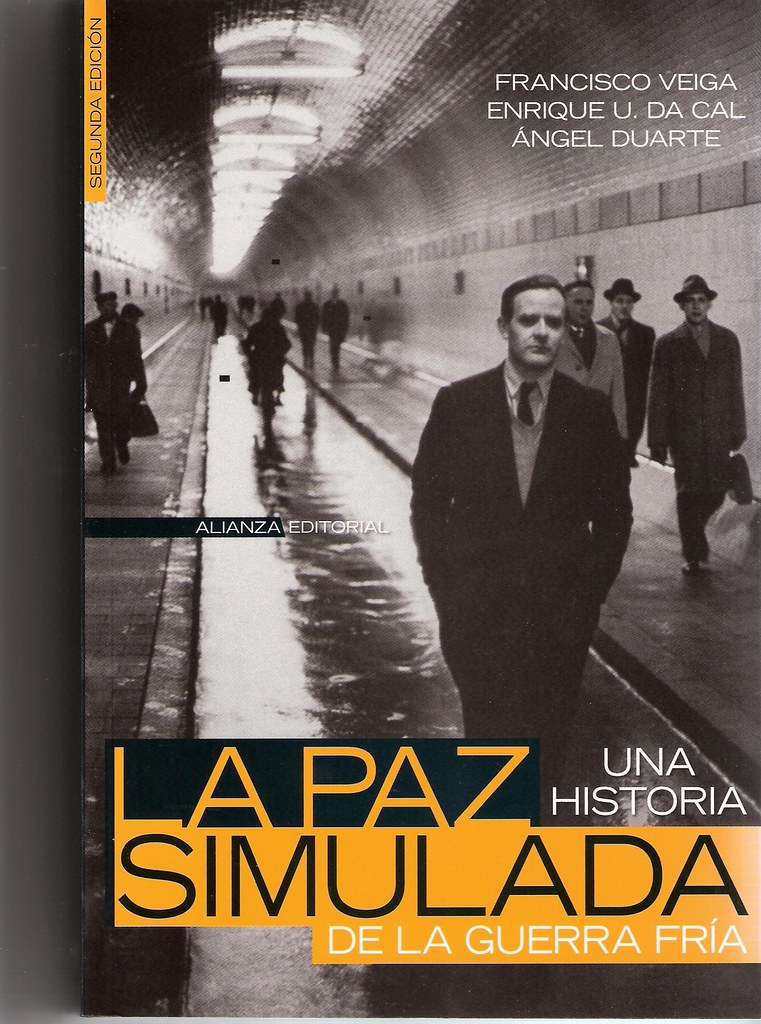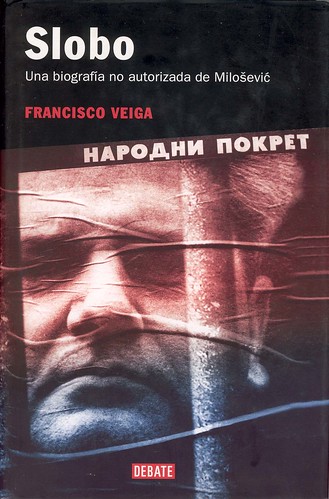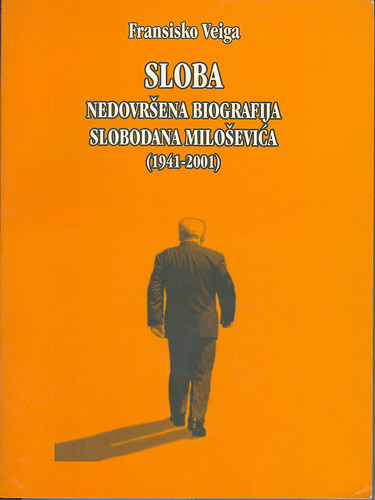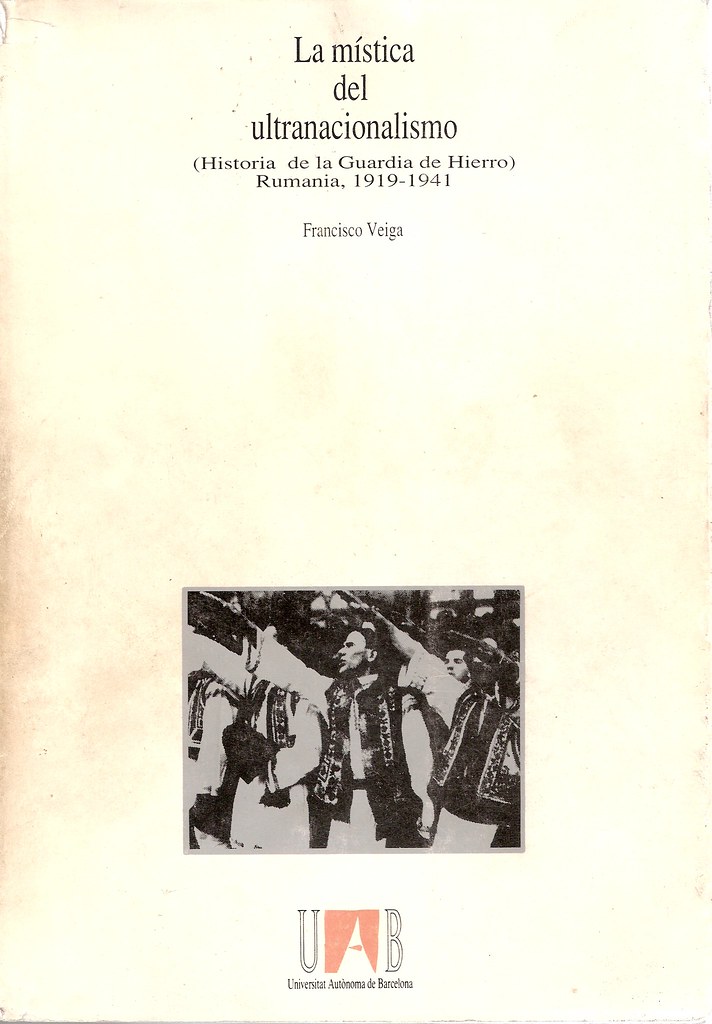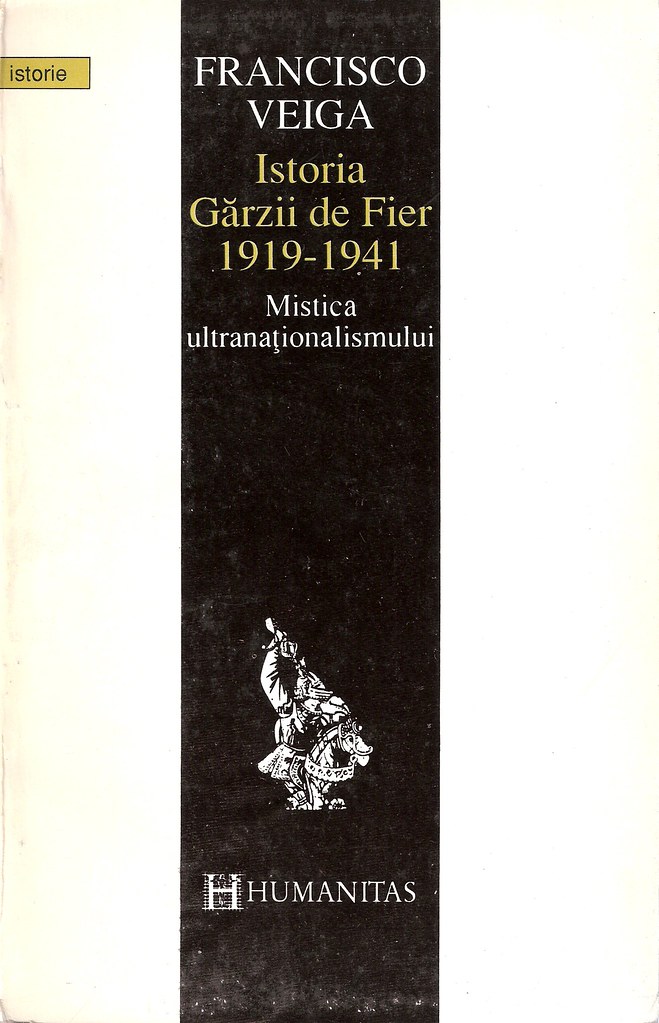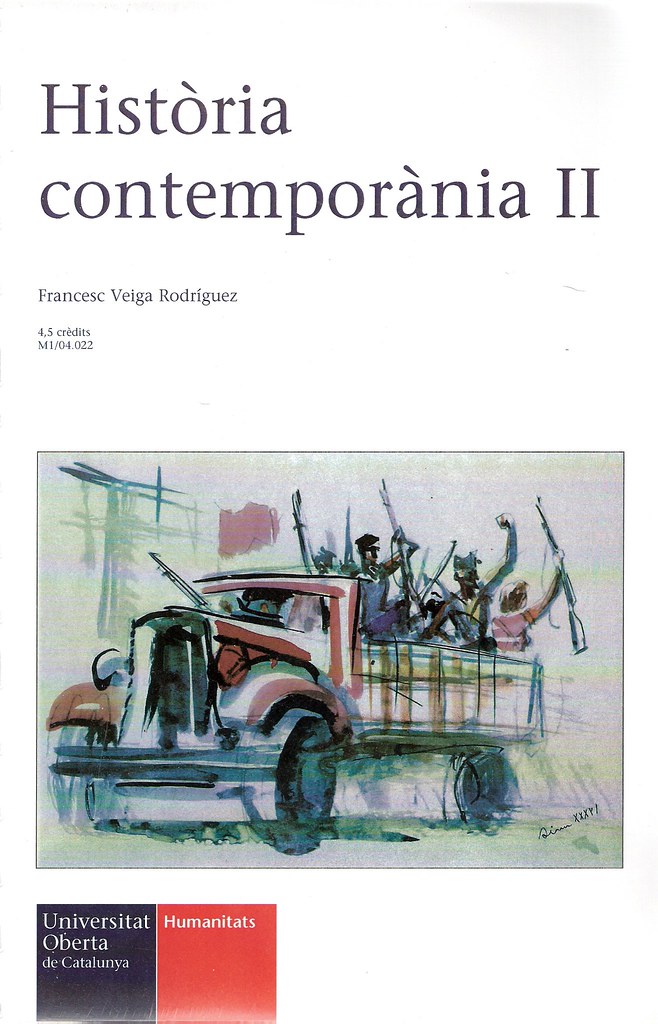"Vals con Bashir" (Gemayel): ¿pólvora mojada?

Cartelera del film "Vals con Bashir", ya en cualquier videoclub de barrio
Y precisamente entonces, no era un buen momento para papanatismos. El ataque del Ejército israelí a Gaza había concluido pocas semanas antes, y en España, el común de los medios de comunicación y la prensa comercial, suelen tomar con pinzas las demostraciones de fuerza de los gobiernos de ese país, incluso cuando son del color de la extrema derecha. Limitarse a comentar el acontecimiento histórico que centraba Vals con Bashir, era quedarse cortos. Ampliar la crítica hasta incluir el régimen de opresión sobre la población palestina, resultaba algo más delicado, incluso peligroso. ¿Qué hacer?
Respuesta: utilizar los ingredientes que servía en bandeja el mismo director. Deseoso de no perder la oportunidad de demostrar su autoatribuido talante cool, el diario "El País" dió un paso al frente. La separata "Babelia" del 14 de febrero le dedicó una espectacular portada y dos largos artículos al fim de Folman. El resultado fue un magistral ejemplo de la idea apuntada más arriba, subrayada por un eficaz "hinchamiento de perro". José Miguel Muñoz redactó su pieza añadiendo los comentarios del director israelí como si formaran parte de una entrevista, y de ahí salía eso de que Vals con Bashir había sido creada como animación, porque le daba a Folman la libertad de incorporar imágenes oníricas y mucho subsconciente. A partir de ese momento, fue la catarata de reseñas y comentarios, modelados de forma similar con la misma pasta. Pero por efecto del esquema "boca a oido", incluso fueron incorporándose calificativos cada vez más vacíos de contenido.
Uno muy interesante: "Vals con Bashir es un film de animación documental", lo cual, visto y no visto, lo convirtió en "la primera película de animación documental que se ha hecho en la historia del cine". Pueden ecomprobarlo, como un ejemplo más, en la presentación que hizo (ya en abril) un simpático "gafapastero", el periodista de la "Voz de Almería", Evaristo Martínez, que si no repite una docena de veces eso de que es una película de animación documental, no lo dice ninguna. Incluso la califica de "revolucionaria", término que sigue excitando enormemente al común de los lectores y espectadores, a pesar de lo mucho que ha dado de sí la palabra, a fuerza de ser usada, masticada y estirada, como un chicle.

En realidad, Vals con Bashir no es ni de lejos el primer film de animación documental, género que cumplía 90 años justos cuando se estrenó la obra del director israelí. Pero es que, además, el film de Ari Folman no es ningún documental; precisamente, ese es un error que no cometió Juan Miguel Muñoz en su pieza de "Babelia". Si así fuera, Chaqueta metálica de Kubrick también lo sería; o Platoon de Stone; incluso Apocalypse Now, de Coppola. Vals con Bashir relata una experiencia muy subjetiva del propio Folman, contada en clave autobiográfica. Tanto, que recurre a personajes reales, amigos y compañeros, que intervienen de forma directa en la película, incluyendo sus particulares obsesiones, sentimientos y percepciones que asimilan lo imaginario a lo real. Eso no es lo propio de un reportaje ni un documental; y es, precisamente, una de las trampas centrales del film. Vayamos por partes.
En primer lugar, el argumento de Vals con Bashir y buena parte de su puesta en escena toman muchos recursos del cine y la literatura antimilitarista clásicos. Pero sobre todo, la idea de que la guerra no es en absoluto coherente con el relato al uso de la épica nacional, algo que queda subrayado en el momento central del relato, cuando el protagonista regresa de permiso y se encuentra con que en la retaguardia no entienden ni saben lo que está ocurriendo en el frente. Esa es una circunstancia clave, porque si bien la guerra es surrealista, a ojos del combatiente la retaguardia (incluyendo la familia, los amigos, el entorno social de procedencia) también se convierte en algo incomprensible. Desde ese momento, el soldado queda "capturado" por la guerra, sin una referencia redentora que le ayude a salir del atolladero. De ahí el conocido síndrome del excombatiente incomprendido y aislado, que sólo encuentra alivio en el contacto más o menos habitual con los ex camaradas de armas, tan inadaptados a la vida civil como él mismo.
Este argumento, presente ya en Sin novedad en el frente de Remarque, pero que se extiende a infinidad de obras literarias y filmes (muy bien relatado en El Desierto de los Tártaros de Buzzati) fue serializado en una buena parte de las películas sobre la guerra del Vietnam, incluyendo el subgénero de los "veteranos del Vietnam", de enorme éxito comercial desde Rambo: Acorralado, estrenada precisamente el mismo año en el que el joven Folman andaba pegando tiros por el Líbano.
Precisamente, Vals con Bashir evidencia una cierta indigestión de films sobre Vietnam, incluyendo el delicado asunto de las masacres de civiles (los americanos protagonizaron la de My Lai); el clásico retrato de los caracteres de la escuadra de combate (el pusilánime, el héroe violento, el calculador...); los propios mandos: embrutecidos, puteros e ineficaces; el uso ciego y desproporcionado de la fuerza; el enemigo siempre emboscado (sea un charlie del Viet Cong o un fedayin de Al Fatah); la muerte a mansalva de los camaradas ("también nosotros tuvimos bajas, y muchas"); los aliados: más bestias y corruptos que el propio ejército (y culpable real de las crueldades); el papel de los medios de comunicación; y, sobre todo, la reacción de la propia sociedad de origen, incapaz de asumir lo que ha ocurrido en una guerra supuestamente ajena y lejana, en la distancia pero, sobre todo, en el tiempo, forzando todos los parámetros reales.

Fotomontaje de John Wood sobre la matanza de My Lai, 1969
Precisamente esa inspiración "vietnamita" explica la curiosa vía de escape política que obtuvo Ari Folman para su "Vals" en el mismo Israel. No deja de ser llamativo que un film antibelicista, que saca a colación el bochorno de las matanzas de Sabra y Chatila, haya contado con el entusiasta apoyo del gobierno de Ehud Olmert (tras el fiasco militar de la Segunda Guerra de Líbano), hasta el punto, según explica el mismo Folman, de haberlo enviado a "promocionar la película por todo el mundo". Pero en realidad, eso no es tan extraño. Los censores o supervisores, que casi siempre existen, por activa o por pasiva, saben que con las películas sobre la guerra del Vietnam, los norteamericanos dieron con el filón cinematografico para presentar como aceptable y hasta épica una contienda que, de hecho, y hasta ese momento, había sido el mayor fiasco militar de la historia de los Estados Unidos. La fórmula funcionó hasta tal punto que, es de temer, se perpetúe con nuevos títulos sobre las guerras de Irak y Afganistán, tal como están dando a entender toda una serie de films serie B sobre esos conflictos y series televisivas tales como Over There o Generation Kill.
Al fin y al cabo, Vals con Bashir juega al límite, pero no llega hasta el fondo. Es un film exculpatorio. Ni el protagonista, ni el periodista Ron Ben-Yishai, explican en Vals con Bashir quién tomó la decisión de dejar que los falangistas cristiano-libaneses entraran en los campos, a sabiendas de que se iban a vengar tras el asesinato de su líder, Bashir Gemayel. Los mandos militares y soldados que entrevistan en el film tanto el cineasta como el periodista, ven lo que ocurre o tienen noticias de ello, pero son combatientes de primera línea; y en un ejército como el israelí, con sus servicios de inteligencia a todos los niveles, parece evidente que la masacre no fue un hecho fortuito. De hecho, se sabe que tanto el ministro de Defensa, Ariel Sharon, como el entonces Jefe del Estado Mayor israelí, Raful Eitan, mantuvieron reuniones con los jefes de las micilias cristianas para coordinar la operación. Las masacres duraron tres días y durante sus noches, los soldados israelíes lanzaban bengalas para iluminar los campos y facilitar la tarea a los falangistas.
El ahora cineasta Ari Folman era por entonces uno de los soldados que lanzaba bengalas, de ahí sus remordimientos. Pero su amigo, el sicólogo Ori, juega un papel central como gran exculpador, todo a lo largo del film. En la primera entrevista, le sugiere que pudo no haber estado en la masacre de los campos, una simple jugada de la memoria. Al final del relato, cuando queda claro que así había estado, Ori le saca todo el hierro que puede al asunto: el sentimiento de culpa de Folman está relacionado con el paralelismo que inconscientemente (y parece que, erróneamente) hace con las matanzas en los campos de exterminio nazis. Ori, insiste: Ari Folman sólo lanzaba bengalas, no estaba llevando a cabo las masacres.

Ari Folman se representa a sí mismo como un joven soldado que lanza bengalas para iluminar los campos de refugiados palestinos, mientras los falangistas cristianos libaneses, cumplen su macabra tarea
Por lo demás, el cineasta dibuja una estampa más que equívoca de la sociedad israelí y su papel en la evolución política (y en las campañas militares) del país. Los soldados son unos pobres chicos que no se enteran de nada; la guerra no tiene glamour y parece que se hace "a pesar de". Los israelíes no encuentran interes ni motivación en las contiendas en que se han visto envueltos en el último cuatro de siglo. Nadie diría que los militares cuentan con apoyos políticos, no se explica por qué el mismo Ariel Sharon, tan implicado hasta el cuello en lo de Chabra y Satila, tan ultraderechista él, fue elegido como primer ministro en 2001, tras la célebre provocación de la Explanada de las Mezquitas, organizada también por él. Y de ese cargo, ganado con el voto de los ciudadanos israelíes, sólo le apartó un derrame cerebral en 2006. Nadie diría que existe una cultura militarista en Israel, muy extendida, que bebe de la épica de las guerras y los héroes, desde 1948 hasta ahora, precisamente hasta ahora. En Vals con Bashir no se recurre a la constante y obsesiva justificación de la lucha por la supervivencia, ante las reales o imaginadas amenazas de exterminio que se usan generosamente en cada campaña, en cada asesinato político. Ari Folman usa tan insistentemente del tópico norteamericano, que de hecho hace un film sobre Vietnam-en-Líbano; pero las diferencias entre ambas sociedades, la americana y la israelí, son demasiado obvias.
El director israelí retrata una amnesia colectiva que resulta forzada y totalmente increíble. Tanto, que el espectador se teme que no es sino una táctica que le permite eludir un guión realista que, forzasamente, hubiera sido más embarazoso y comprometedor. El 26 de septiembre de 1982, pocos días despues de las masacres, el movimiento pacifista Shalom Ahshav y grupos de la izquierda israelíes, organizaron en Tel Aviv una de las mayores manifestaciones de protesta de la historia de Israel, con unos 400.000 participantes. El despiste colectivo que vive el Ari Folman-personaje en su propio film resulta, más que extraño, inquietante. ¿Seguro que no hubo autocesura, que no tuvieron lugar negociaciones con "los de arriba"?¿El hecho de que el film sea una animación se explica porque así se incorporan elementos oníricos, que en nuestros días hubieran sido muy sencillos de poner en escena con la amplia panoplia de efectos especiales?¿No será que cuando Folman lanzó el proyecto no hubiera sido posible filmar una obra de esas características en Israel, y que aún así hubo que ajustar el mensaje del film de animación para poder proyectarlo en las salas de cine?
Vals con Bashir es un film interesante, con una estetica sobrecogedora y una realización técnica brillante. Pero plantea muchas dudas. Afortunadamente, el mismo Folman acierta al opinar que Israel todavía posee un sistema político lo suficientemente democrático y abierto. Pero lo hace en contra suya. Sugiero al lector que lea el artículo que se reproduce a continuación, escrito por el periodista israelí Gideon Levy, del diario "Haaretz": se trata de un hombre honesto y comprometido con una información imparcial sobre el conflicto israelo-palestino. Para él, según el título de su crónica, "el film 'antibelicista' de Folman, Vals con Bashir, no es sino una farsa".

El periodista de "Haaretz", Gideon Levy: sin pelos en la lengua
'Antiwar' film Waltz with Bashir is nothing but charade
By Gideon Levy, Haaretz Correspondent
Everyone now has his fingers crossed for Ari Folman and all the creative artists behind "Waltz with Bashir" to win the Oscar on Sunday. A first Israeli Oscar? Why not?
However, it must also be noted that the film is infuriating, disturbing, outrageous and deceptive. It deserves an Oscar for the illustrations and animation - but a badge of shame for its message. It was not by accident that when he won the Golden Globe, Folman didn't even mention the war in Gaza, which was raging as he accepted the prestigious award. The images coming out of Gaza that day looked remarkably like those in Folman's film. But he was silent. So before we sing Folman's praises, which will of course be praise for us all, we would do well to remember that this is not an antiwar film, nor even a critical work about Israel as militarist and occupier. It is an act of fraud and deceit, intended to allow us to pat ourselves on the back, to tell us and the world how lovely we are.
Hollywood will be enraptured, Europe will cheer and the Israeli Foreign Ministry will send the movie and its makers around the world to show off the country's good side. But the truth is that it is propaganda. Stylish, sophisticated, gifted and tasteful - but propaganda. A new ambassador of culture will now join Amos Oz and A.B. Yehoshua, and he too will be considered fabulously enlightened - so different from the bloodthirsty soldiers at the checkpoints, the pilots who bomb residential neighborhoods, the artillerymen who shell women and children, and the combat engineers who rip up streets. Here, instead, is the opposite picture. Animated, too. Of enlightened, beautiful Israel, anguished and self-righteous, dancing a waltz, with and without Bashir. Why do we need propagandists, officers, commentators and spokespersons who will convey "information"? We have this waltz.
The waltz rests on two ideological foundations. One is the "we shot and we cried" syndrome: Oh, how we wept, yet our hands did not spill this blood. Add to this a pinch of Holocaust memories, without which there is no proper Israeli self-preoccupation. And a dash of victimization - another absolutely essential ingredient in public discourse here - and voila! You have the deceptive portrait of Israel 2008, in words and pictures.
Folman took part in the Lebanon war of 1982, and two dozen years later remembered to make a movie about it. He is tormented. He goes back to his comrades-in-arms, gulps down shots of whiskey at a bar with one, smokes joints in Holland with another, wakes his therapist pal at first light and goes for another session to his shrink - all to free himself at long last from the nightmare that haunts him. And the nightmare is always ours, ours alone
It is very convenient to make a film about the first, and now remote, Lebanon war: We already sent one of those, "Beaufort," to the Oscar competition. And it's even more convenient to focus specifically on Sabra and Chatila, the Beirut refugee camps.
Even way back, after the huge protest against the massacre perpetrated in those camps, there was always the declaration that, despite everything - including the green light given to our lackey, the Phalange, to execute the slaughter, and the fact that it all took place in Israeli-occupied territory - the cruel and brutal hands that shed blood are not our hands. Let us lift our voices in protest against all the savage Bashir-types we have known. And yes, a little against ourselves, too, for shutting our eyes, perhaps even showing encouragement. But no: That blood, that's not us. It's them, not us.
We have not yet made a movie about the other blood, which we have spilled and continue to allow to flow, from Jenin to Rafah - certainly not a movie that will get to the Oscars. And not by chance.
In "Waltz with Bashir" the soldiers of the world's most moral army sing out something like: "Lebanon, good morning. May you know no more grief. Let your dreams come true, your nightmares evaporate, your whole life be a blessing."
Nice, right? What other army has a song like this, and in the middle of a war, yet? Afterward they go on to sing that Lebanon is the "love of my life, the short life." And then the tank, from inside of which this lofty and enlightened singing emanates, crushes a car for starters, turning it into a smashed tin can, then pounds a residential building, threatening to topple it. That's how we are. Singing and wrecking. Where else will you find sensitive soldiers like these? It would really be preferable for them to shout with hoarse voices: Death to the Arabs!
I saw the "Waltz" twice. The first time was in a movie theater, and I was bowled over by the artistry. What style, what talent. The illustrations are perfect, the voices are authentic, the music adds so much. Even Ron Ben Yishai's half-missing finger is accurate. No detail is missed, no nuance blurred. All the heroes are heroes, superbly stylish, like Folman himself: articulate, trendy, up-to-date, left-wingers - so sensitive and intelligent.
Then I watched it again, at home, a few weeks later. This time I listened to the dialogue and grasped the message that emerges from behind the talent. I became more outraged from one minute to the next. This is an extraordinarily infuriating film precisely because it is done with so much talent. Art has been recruited here for an operation of deceit. The war has been painted with soft, caressing colors - as in comic books, you know. Even the blood is amazingly aesthetic, and suffering is not really suffering when it is drawn in lines. The soundtrack plays in the background, behind the drinks and the joints and the bars. The war's fomenters were mobilized for active service of self-astonishment and self-torment.
Boaz is devastated at having shot 26 stray dogs, and he remembers each of them. Now he is looking for "a therapist, a shrink, shiatsu, something." Poor Boaz. And poor Folman, too: He is devilishly unable to remember what happened during the massacre. "Movies are also psychotherapy" - that's the bit of free advice he gets. Sabra and Chatila? "To tell you the truth? It's not in my system." All in such up-to-the-minute Hebrew you could cry. After the actual encounter with Boaz in 2006, 24 years later, the "flash" arrives, the great flash that engendered the great movie.
One fellow comes to the war on the Love Boat, another flees it by swimming away. One sprinkles patchouli on himself, another eats a Spam omelet. The filmmaker-hero of "Waltz" remembers that summer with great sadness: It was exactly then that Yaeli dumped him. Between one thing and the other, they killed and destroyed indiscriminately. The commander watches porn videos in a Beirut villa, and even Ben Yishai has a place in Ba'abda, where one evening he downs half a glass of whiskey and phones Arik Sharon at the ranch and tells him about the massacre. And no one asks who these looted and plundered apartments belong to, damn it, or where their owners are and what our forces are doing in them in the first place. That is not part of the nightmare.
What's left is hallucination, a sea of fears, the hero confesses on the way to his therapist, who is quick to calm him and explains that the hero's interest in the massacre at the camps derives from a different massacre: from the camps from which his parents came. Bingo! How could we have missed it? It's not us at all, it's the Nazis, may their name and memory be obliterated. It's because of them that we are the way we are. "You have been cast in the role of the Nazi against your will," a different therapist says reassuringly, as though evoking Golda Meir's remark that we will never forgive the Arabs for making us what we are. What we are? The therapist says that we shone the lights, but "did not perpetrate the massacre." What a relief. Our clean hands are not part of the dirty work, no way.
And besides that, it wasn't us at all: How pleasant to see the cruelty of the other. The amputated limbs that the Phalange, may their name be obliterated, stuff into the formaldehyde bottles; the executions they perpetrate; the symbols they slash into the bodies of their victims. Look at them and look at us: We never do things like that.
When Ben Yishai enters the Beirut camps, he recalls scenes of the Warsaw ghetto. Suddenly he sees through the rubble a small hand and a curly-haired head, just like that of his daughter. "Stop the shooting, everybody go home," the commander, Amos, calls out through a megaphone in English. The massacre comes to an abrupt end. Cut.
Then, suddenly, the illustrations give way to the real shots of the horror of the women keening amid the ruins and the bodies. For the first time in the movie, we not only see real footage, but also the real victims. Not the ones who need a shrink and a drink to get over their experience, but those who remain bereaved for all time, homeless, limbless and crippled. No drink and no shrink can help them. And that is the first (and last) moment of truth and pain in "Waltz with Bashir."
Etiquetas: crímenes de guerra, filmografía, Folman, Israel, Libano















